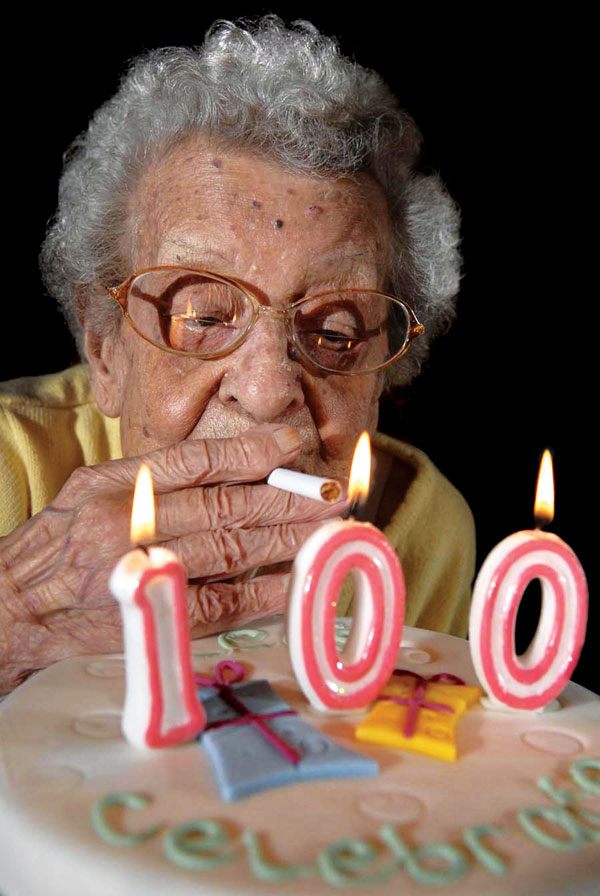Director Matthew Lenton interview

Tomorrow
In this World Premiere Vanishing Point look at what it’s like to grow old. We talked to Director Matthew Lenton about how he conceived the work
This new work from Vanishing Point explores what it is to grow old and be cared for, in a world where myth and spirituality have been subsumed by what we all know to be true – that we are born, we live and we die.
Using its distinctive visual imagination, Vanishing Point explores this subject through the dreamlike scenario of a young man who suddenly finds himself in an alarmingly unfamiliar place. A place where everyone seems to know him and where strange rules apply. Where everyone seems to have his best interests at heart, but he is not at liberty to leave.
A major international co-production, Tomorrow is a striking meditation on growing old, dementia, needing care and needing to care.
As those who saw Interiors at Brighton Festival 2012 will know, Vanishing Point has a reputation for subverting reality and making the ordinary extraordinary. Its unflinching new production brings together an international, multi-age cast to ponder how we deal with old age now and in the future.
Latest 7 spoke exclusively to director Matthew Lenton about the Brighton Festival co-production
Where do you start when creating a new work?
In my dreams, with a feeling. I usually realise that I’ve had an idea only after I’ve actually had it, so it comes from an intuition, a place I don’t know, but not from an intellectual idea.
Is the process a collaborative one?
Yes, but not a democratic one. It’s essentially the inside of my head trying to come out and other people help me achieve that, but often great things happen in the rehearsal room because of actors improvising, because of artists experimenting and they have to have the freedom to do what they do brilliantly, to be creative in their own way, to create possibilities that didn’t exist.
Where did the idea for Tomorrow spring from?
It didn’t really spring. It emerged and formed gradually, but essentially I suppose it grew from personal experience of caring for someone (actually not an old person) who needed care. It made me think about the responsibility of the carer as well as the needs of someone who requires care. Is there enough compassion in me to make profound sacrifices for someone else? What are the limits? Will someone care for me? What will their limits be? It also came, I suppose, from an image that landed in my brain.
The subject of aging is very emotive, how hard has it been to balance the facts with our natural emotional responses?
Ageing is just something that’s going to happen to us if we’re lucky, if we make it that far. We all hope our old age will be happy and indeed, there is great beauty and wisdom in ageing. What I find surprising, often, the sense of denial in young people that they might get old. I’m also bewildered at the way society in general treats old people. The dismissive attitude of younger generations and the media genuinely surprises me. Can’t they see they’re condemning themselves to the same fate?
And dementia is an even more difficult topic. Were people willing to openly discuss their experiences?
I think the show’s not ‘about’ dementia. It’s about someone with dementia. It’s a story. The show doesn’t have any responsibility towards dementia as a ‘topic’, but of course, as with any work, it’s helpful to do research on a subject, but not to discuss people’s experiences. Anyway, it’s hard to put other people’s experiences into a theatre work. We’re not trying to represent anything faithfully or do anything ‘worthy’. In improvisations, the actors probably drew on their own experiences and that generated a great deal of material. We did read a very interesting and contentious book called Contented Dementia by Oliver James.
How did you find a way to express, in performance, the manifestation of dementia, its symptoms and effects?
Every show Vanishing Point creates is different. We try to find a unique form to tell the story we are trying to tell. In Tomorrow we use a particular, original and striking form (or technique, if you prefer) that allows us to get under the skin of the material and create not only a challenging but also a beautiful, metaphorical and abstract piece of work.
Does Tomorrow touch on the subject of carers?
Yes, very much. There is no real choice for someone who needs care, but to truly care for someone else we have to choose to care. I am very interested in that choice and the position it puts us in as human beings.
Were you surprised or even shocked by what you discovered as you created the work?
Yes, the main idea that gives the show its form has a surprising effect when we use it. It puts the audience in the position of the old person in a poetical and metaphorical way that I think is beautiful and striking.
What are your hopes for this work?
That people will find it beautiful.
Tomorrow, Wed 21 May – Sat 24 May, 7.30pm. Brighton Dome Corn Exchange. Matthew Lenton will also join a panel of experts in the Brighton and Sussex Medical School debate Dementia: Facing the next ten years, Sat 24 May, 1pm. Brighton Dome Corn Exchange






















I won’t be able to get to see this, unfortunately – I’m too far away! I wanted to say that this subject ‘may’ correlate to the damage, as yet is not fully assessed, done to the those of us, particularly the young, who smoke marijuana. If short term memory loss is a symptom they have much longer to suffer from it, than the elderly.
Good luck with the production!